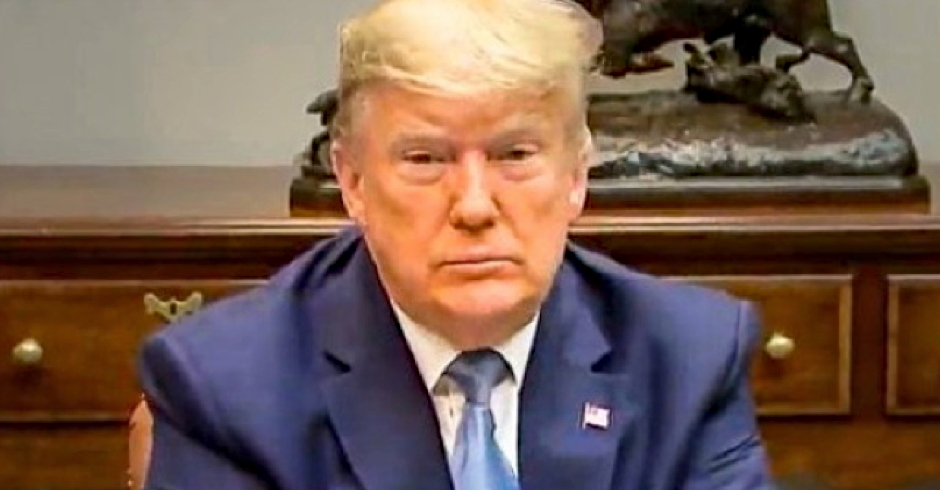[ad_1]
The U.S. Dept of Justice is trying once again to convince a Trump-appointed judge that it has an urgent need to continue its investigation of the 100 or so classified documents it seized from the former president’s Mar-a-Lago resort and residence.
Tuesday evening DOJ filed a motion explaining why Trump’s legal arguments don’t hold water.
Trump, the Dept. of Justice tells Judge Aileen Cannon, has never officially told the court that he declassified the 100 documents in question, while he has asserted that they are his, or more specifically, his records under the Presidential Records Act.
National security attorney Brad Moss says the DOJ is “smacking Trump for dancing around declassification and executive privilege issues without actually invoking them.”
By the language they are using, it appears they are almost mocking him and his attorneys.
Attorney Gabriel Malor suggests that DOJ is taking “a shot at Judge Cannon for doing Team Trump’s work for them.”
It appears DOJ has found the flaw in Trump’s argument that tries to leverage the Presidential Records Act (PRA).
If Trump, the plaintiff, is claiming he has declassified the documents then there is no reason DOJ should not be allowed to use them in furtherance of its investigation. Right now Judge Cannon is blocking them from using the 100 documents in any way to further their investigation. DOJ is seeking what it calls a “limited stay.”
If Trump, as he has suggested, declassified them and is now claiming they are his personal records, then there is no possibility of any “executive privilege” claim whatsoever,” DOJ argues. Executive privilege only covers areas related to “performance of his official duties.”
Trump’s “suggestion that he ‘may have categorized certain of the seized materials as personal [records] during his presidency’ … if true, would only supply another reason that he cannot assert executive privilege with regard to those records,” DOJ states.
“If Plaintiff truly means to suggest that, while President, he chose to categorize records with markings such as ‘SECRET’ and ‘TOP SECRET’ as his personal records for purposes of the PRA, then he cannot assert that the very same records are protected by executive privilege—i.e., that they are ‘Presidential communications’ made in furtherance of the ‘performance of his official duties.’”
Trump, the DOJ says, “does not actually assert—much less provide any evidence—that any of the seized records bearing classification markings have been declassified.”
“More importantly, the issues [Trump] attempts to raise are ultimately irrelevant. Even if Plaintiff had declassified these records, and even if he somehow had categorized them as his ‘personal’ records for purposes of the PRA—neither of which has been shown—nothing in the PRA or any other source of law establishes a plausible claim of privilege or any other justification for an injunction restricting the government’s review and use of records at the center of an ongoing criminal and national security investigation.”
“And nothing in Plaintiff’s Response rebuts the compelling public interest in granting the limited stay the government seeks.”
[ad_2]




